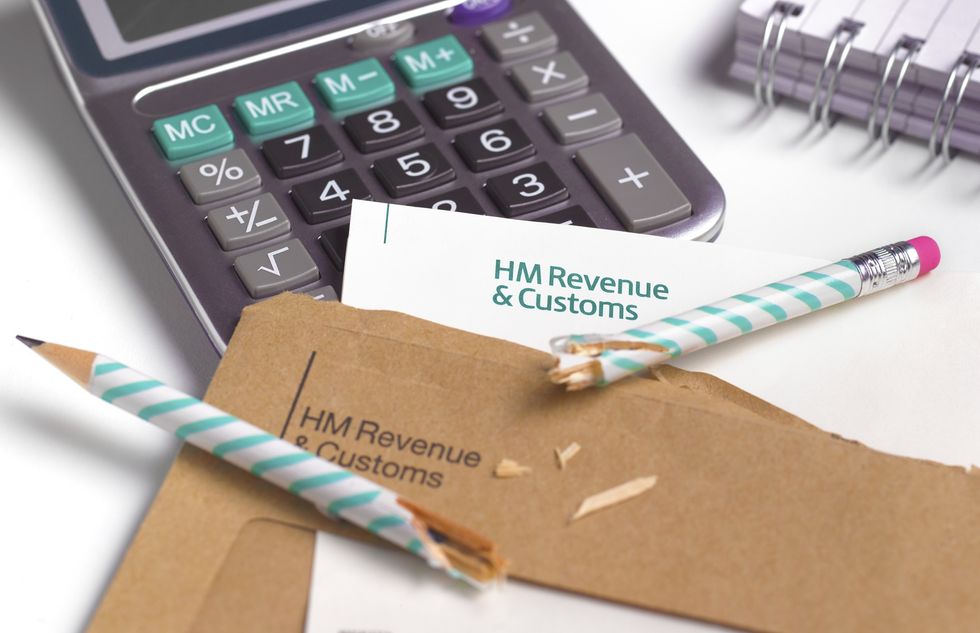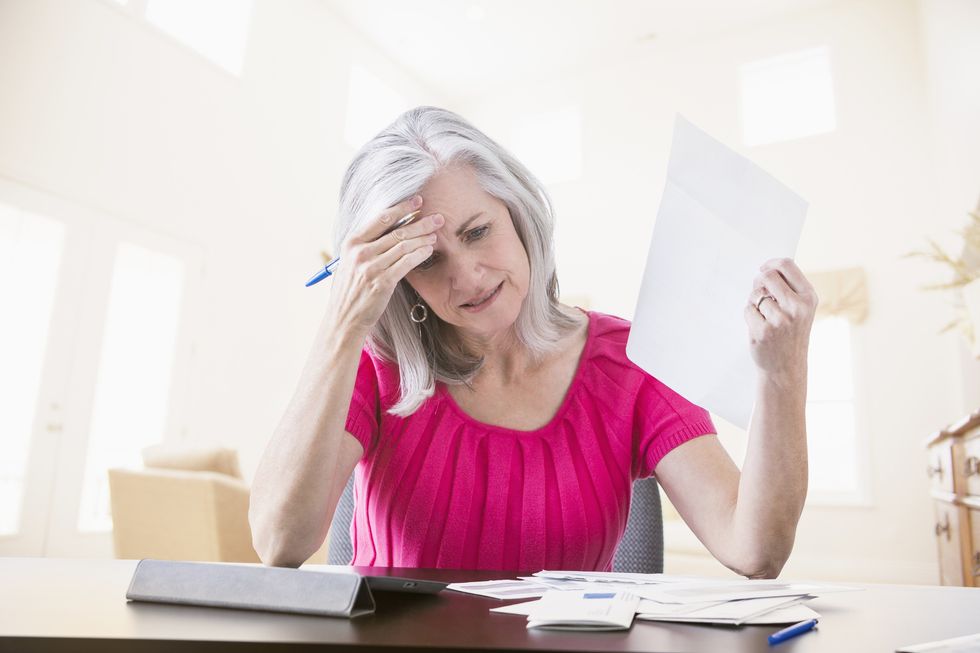Experts are reminding the British public of an “important” tax deadline which is only two weeks away.
Households have until July 31 until HM Revenue and Customs’ (HMRC) second “Payments on Account” deadline or risk being hit by a 7.75 per cent charge.
What is “Payments on Account”?
These are advance payments which go towards someone’s tax bill, including Class 4 National Insurance for those who are self-employed.
Taxpayers must make two payments on account each year which are calculated using their HMRC bill from the previous tax year. The first deadline for the initial payment is due on January 31, while the second payment needs to be paid by midnight at the end of this month.
When someone files their self-assessment return for the year, and their payments on account do not pay the full tax liability, they need to make a “balancing payment” in January after the tax year in question.
However, if payments on account are more than the tax liability, a refund will be processed to the taxpayer.
Do you have a money story you’d like to share? Get in touch by emailing [email protected].

Millions of taxpayers need to keep on top of multiple tax deadlines a year with HMRC
GETTY
Stevie Heafford, a tax partner at the accountancy firm HW Fisher, outlined why tax payers need to be proactive to avoid being hefty fines.
He explained: “The payments on account scheme is designed to help people better manage the cost of their tax bill by splitting the amount into two payments and spreading the payments across the year.
“However, missing the deadline can be a costly mistake to make. Fortunately, there are still two weeks to go until the second payment on account is due, giving people plenty of time to work out what they owe and make the necessary payment.
“Don’t forget to remind your friends and family about this important deadline.”
Who needs to make the “Payment on Accounts” deadline?
These particular rules are applicable to anyone who is self-employed.
However, there are some circumstances when other types of workers will need to make these payments to HMRC.
These include:
- If someone owes £1,000 or less as this can be made in a single payment on the first return
- If someone has already paid more than 80 per cent of the tax they owe.
How to reduce your “Payments on Account”?
Sometimes people will know that their next tax bill will come out less than their one for the previous one.
In these circumstances, it is possible for the taxpayer to reach out to HMRC to reduce the amount they are liable for.
LATEST DEVELOPEMENTS:

There are ways for Britons to reduce their tax
GETTY
Taxpayers can:
- Speak to their accountant as they will likely have agent authority and be able to reduce the payment
- Complete a SA303 form and post it to the tax office
- Sign into their online Personal Tax account and complete the necessary steps to reduce the payments on account.